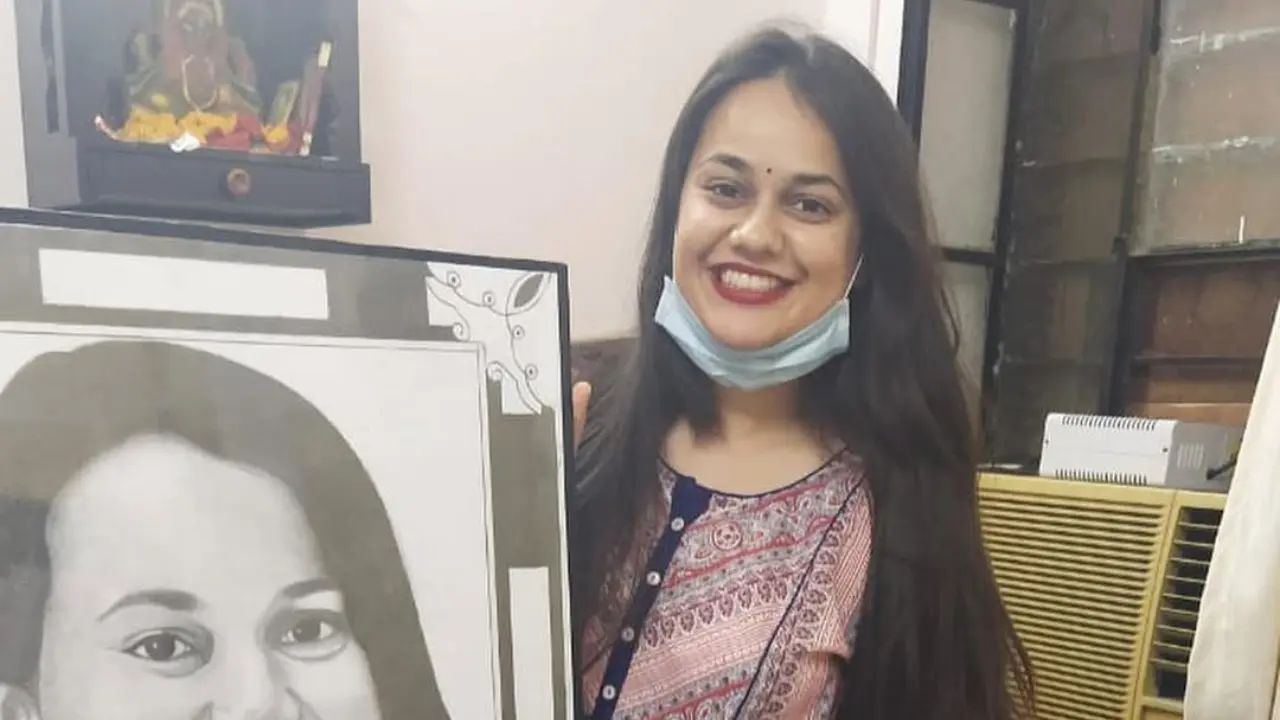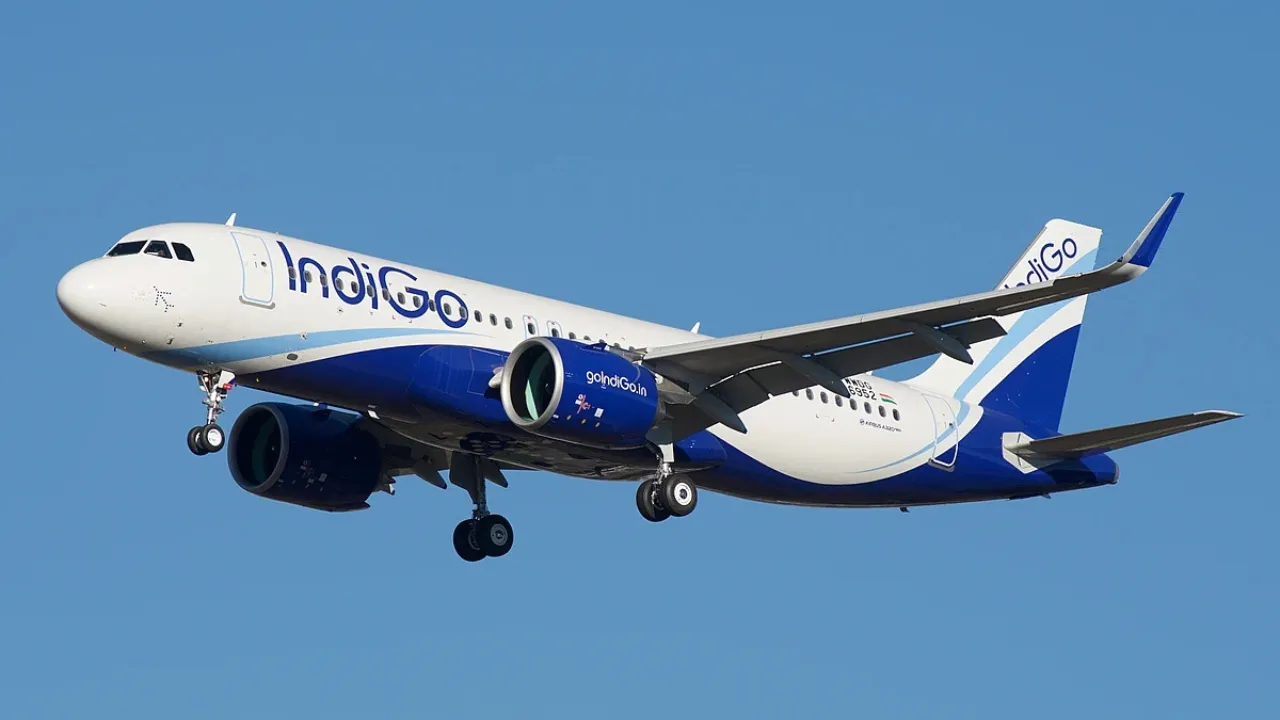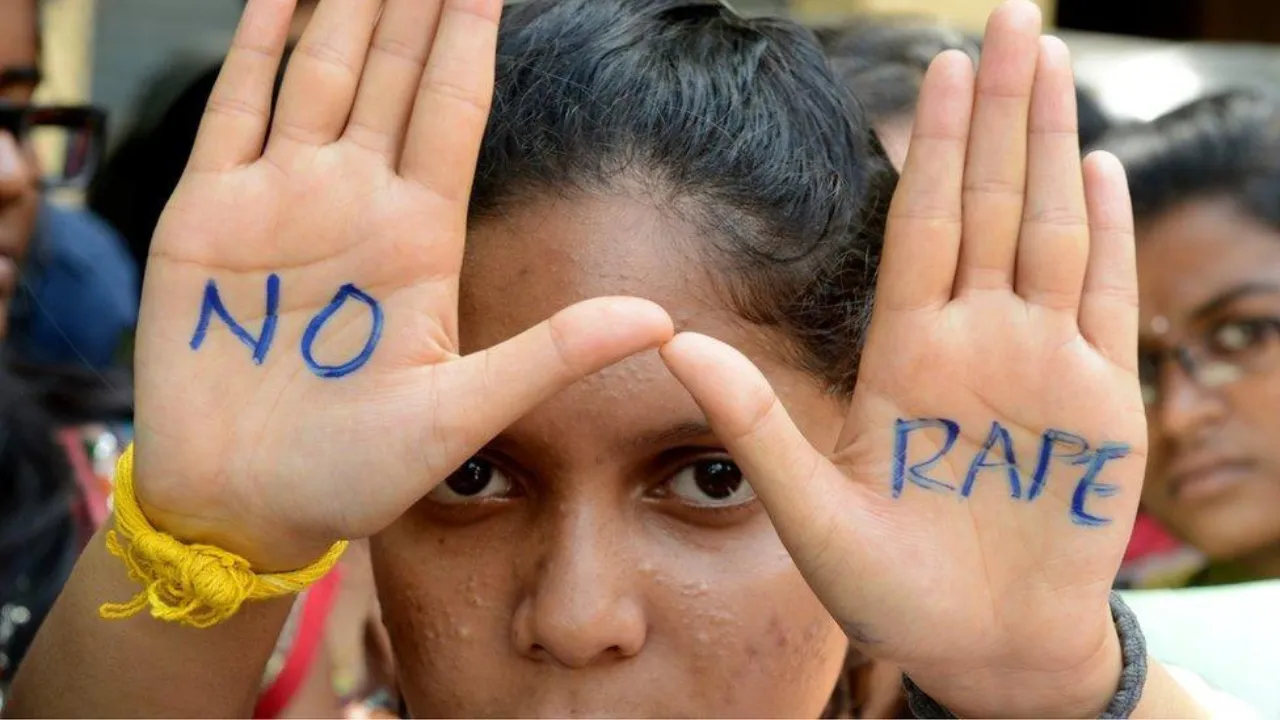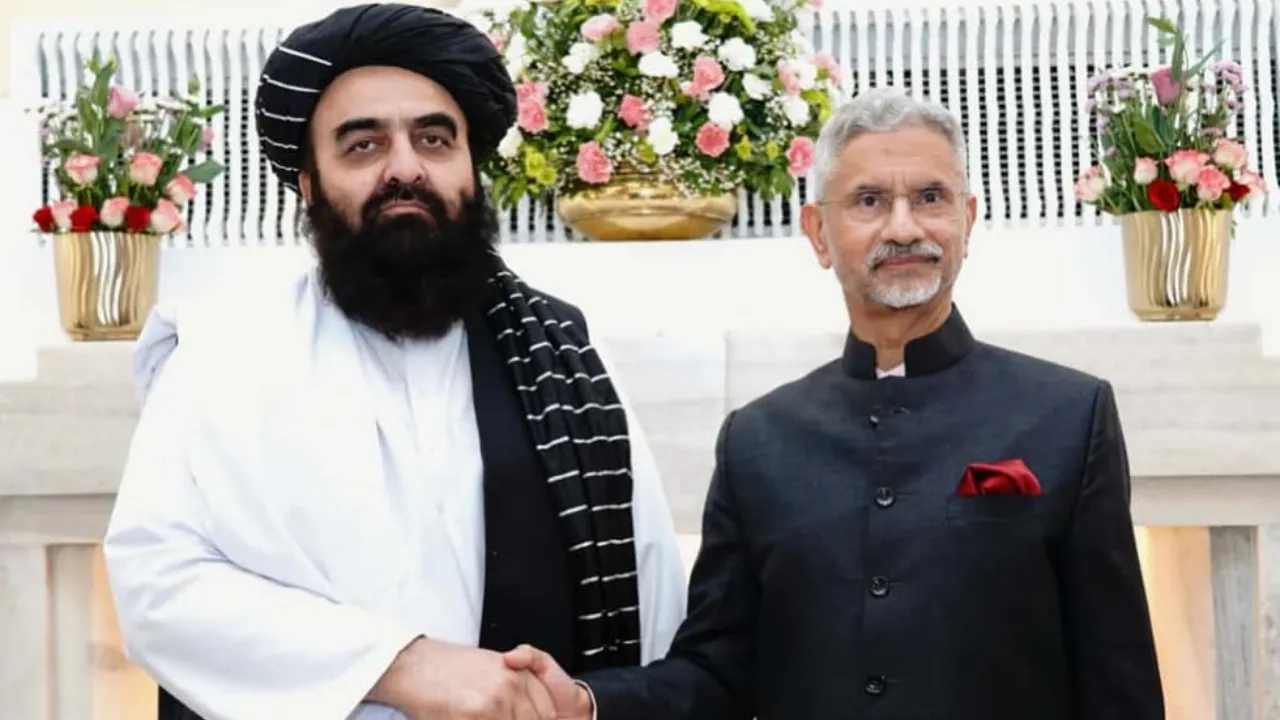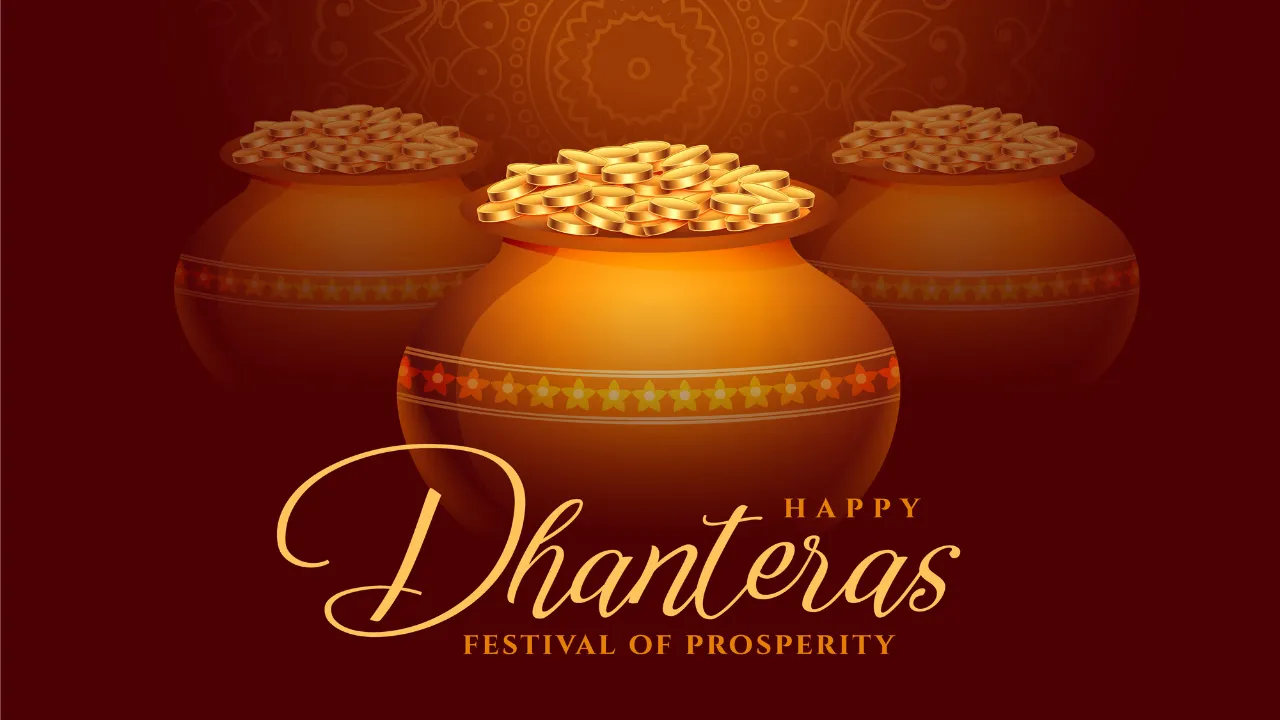‘HR88B8888’ Becomes India’s Costliest Car Registration Number
A single vehicle registration — HR88B8888 — has rewritten India’s record books. The fancy number fetched a jaw-dropping ₹1.17 crore in an online auction conducted by the Haryana transport department, making it the most expensive car registration sold in the country so far.
Why HR88B8888 grabbed headlines (and ₹1.17 crore)
The appeal of HR88B8888 is visual and cultural. The sequence reads as a string of repeated eights: the two ‘88’ segments bookending a middle ‘B’ that, in uppercase, visually resembles an ‘8’. That symmetry — plus the cultural perception of the digit 8 as lucky and associated with wealth in many communities — fuelled intense bidding. The online auction began with a modest base price of ₹50,000 and escalated rapidly as bidders pushed the price through lakhs to the final ₹1.17 crore.
How the auction worked: the official platform and timeline
Haryana conducts regular online auctions for “fancy” or VIP registration numbers via the government portal fancy.parivahan.gov.in. The recent bidding cycle opened on Friday and closed with results declared on Wednesday at 5:00 pm, when the hammer reportedly fell on HR88B8888 at ₹1.17 crore. The auction process allowed interested bidders to register during the window and compete in a digital format that has become the norm for premium plates.
Numbers that matter: bidders, pace and the final bid
Around 45 people participated in the contest for HR88B8888, creating a competitive environment that drove the price skyward. Reports show the bidding had already reached ₹88 lakh by noon, before climbing to the final ₹1.17 crore by evening — a pattern that illustrates how quickly interest in a single, well-composed number can spike.
How HR88B8888 compares to previous records
Before this sale, India’s expensive-number record was held by a different plate sold for roughly ₹45.99 lakh. The new ₹1.17 crore figure more than doubles that benchmark, establishing a significantly higher ceiling for premium registrations and highlighting how symbolism, luck beliefs, and status influence value in this niche market.
What buyers gain from such a purchase
A high-value registration like HR88B8888 offers more than just a number on metal. For many buyers, it’s a status symbol — an immediate attention-grabber that signals wealth, influence or a taste for exclusivity. For others, the number’s perceived luck (especially the repeated eights) is the selling point. Corporates, collectors, celebrities and high-net-worth individuals often treat fancy numbers as collectible assets that can be displayed, gifted, or sometimes resold.
Cultural and psychological drivers behind fancy-number auctions
The market for premium plates is sustained by a mix of cultural belief, conspicuous consumption, and psychology. In several cultures, certain digits carry auspicious meanings — ‘8’ is widely linked to prosperity. Visual symmetry and repetition amplify aesthetic appeal, turning registration plates into small, recognisable works of personal branding. Combine that with social media buzz and media coverage, and you’ve got a self-reinforcing cycle that pushes prices higher.
Why governments run fancy-number auctions (and what they earn)
State transport departments frequently open fancy-number auctions because they’re a reliable revenue source. Starting with a fixed base price (in this case ₹50,000), the government allows market demand to set the final value. Besides revenue, these auctions are also transparent and low-cost to run when done online, and they eliminate middlemen by allowing direct bidding through official portals. Haryana’s latest windfall is a clear example of how much revenue a single coveted plate can yield.
Practical considerations for bidders and owners of HR88B8888
If you’re considering bidding for a fancy number, there are practical points to remember. Ownership is regulated: the number links to a vehicle registration and transfers must follow legal procedures. High-value plates can draw attention on the road — both positive and negative — and may have implications for privacy and security. The buyer of HR88B8888 will need to follow state transport rules to assign the plate to a vehicle and manage any future transfer or sale according to law.
What this record means for the market going forward
The sale of HR88B8888 at ₹1.17 crore is likely to push more states to watch their auctions closely. It may encourage wealthier buyers to chase similarly symmetrical or “lucky” combinations, and could raise expectations about the ceiling prices for premium plates nationally. At the same time, it raises fresh questions about affordability, cultural trends, and whether fancy-number auctions amplify income-based signalling in public spaces.
Final take: HR88B8888 is more than a number
HR88B8888 is not just a new record — it’s a snapshot of how symbolism, digital auctioning, and status-driven spending converge in modern India. The ₹1.17 crore bid shows that when a sequence hits the sweet spot between visual appeal and cultural meaning, people will pay a premium. For the transport department, it’s revenue; for the winner, it’s prestige; and for the public, it’s a reminder that even numbers can tell stories about value, belief and modern aspirations.
Also Read: “Price for an Hour?” Girija Oak Exposes Harassment!





